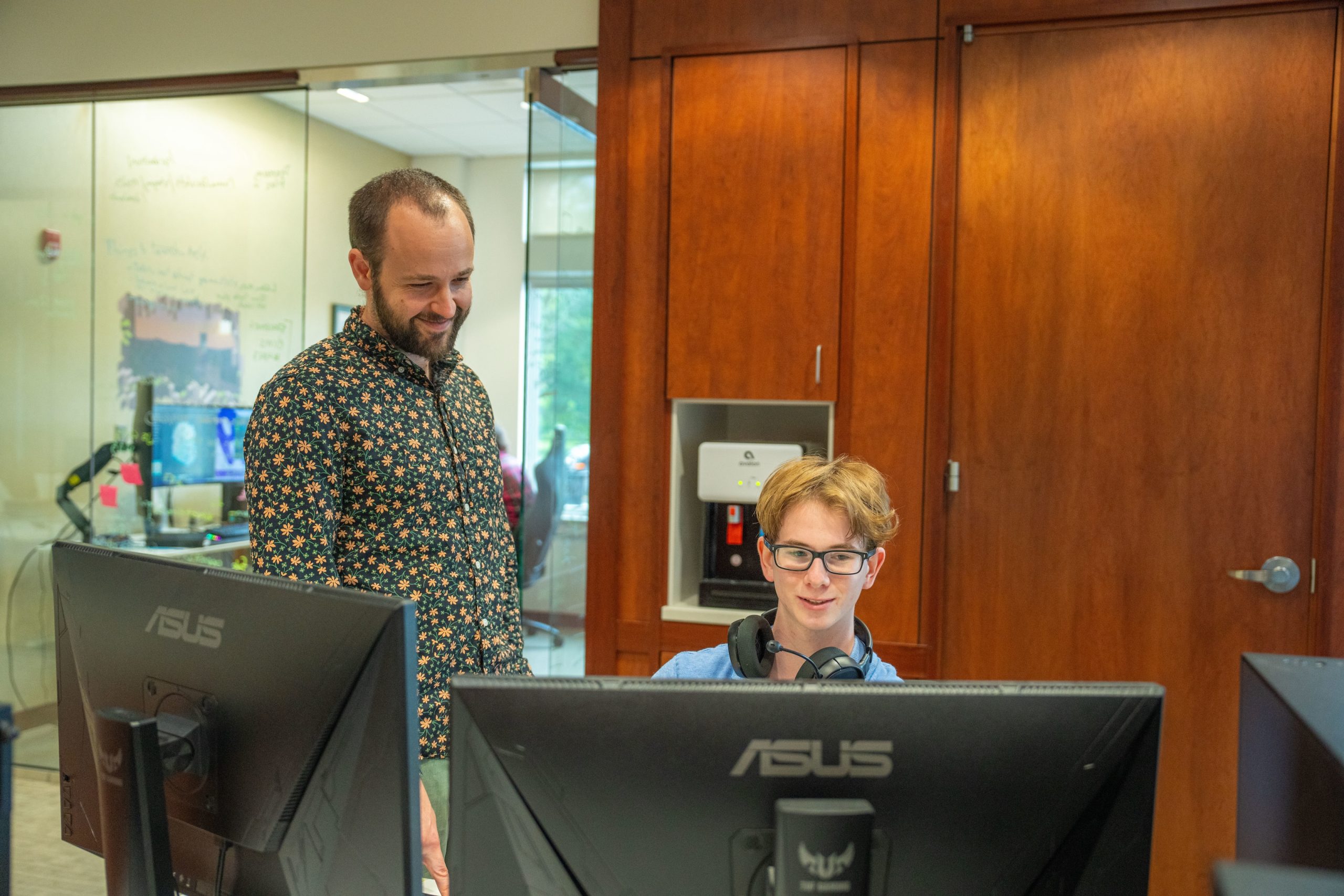
Online Graduate Certificate in Computational Thinking for Educators
About the Program
A collaborative certificate between the University of Maine, the University of Maine at Farmington, and the University of Southern Maine.
The online Graduate Certificate in Computational Thinking for Educators prepares educators to integrate computational thinking strategies into classrooms and understand their cultural and contextual implications.
The program incorporates the International Society for Technology in Education (ISTE) Computational Thinking Competencies standards to engage learners in authentic and active learning.
Program Learning Outcomes
Students will learn how to:
- Improve and expand their practice by understanding the core concepts of computational thinking
- Explore strategies to integrate computational thinking using multiple and effective instructional strategies
- Design, develop, and implement activities to support creative and innovative problem-solving
- Understand the impact of equity and access to computational thinking, computing resources, and practices in a global society.
Contact Us
Have questions about earning your Graduate Certificate in Computational Thinking for Educators online with UMaine? Contact a UMaineOnline advisor.
Curriculum
The curriculum covers the key components of computational thinking by exploring different programming languages and problem-solving processes.
Admissions
Careers
The Graduate Certificate in Computational Thinking can enhance your career as a:
- Classroom teacher
- Technology Specialist
- Technology Integrator
- Technology Director
- And more









